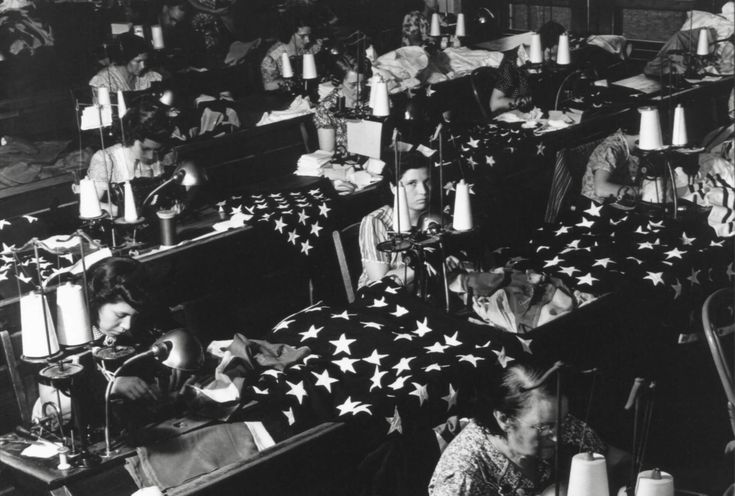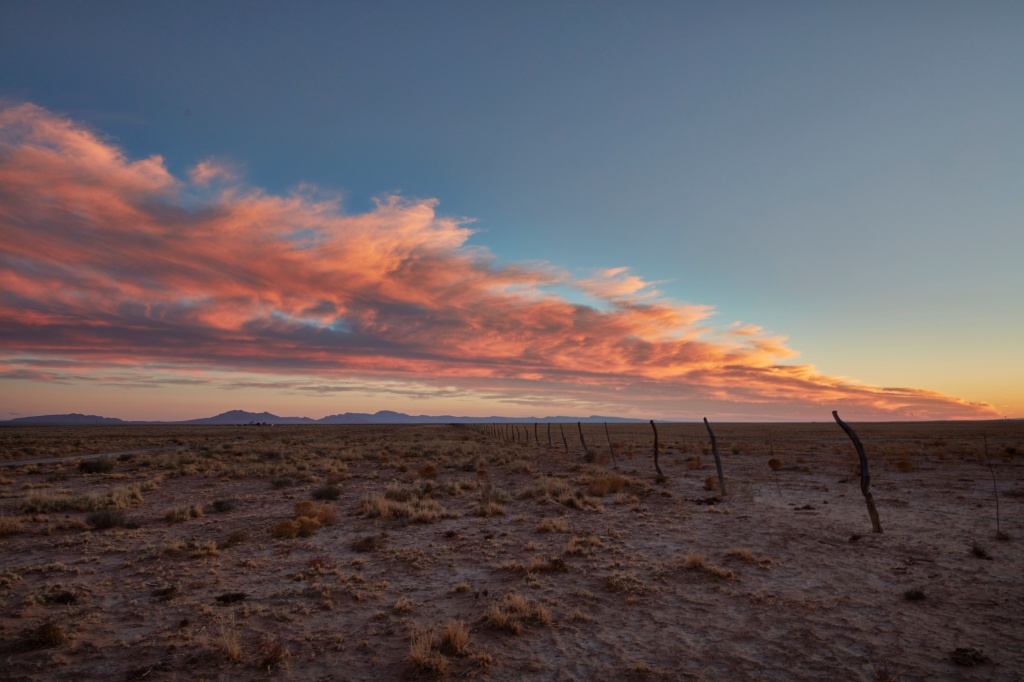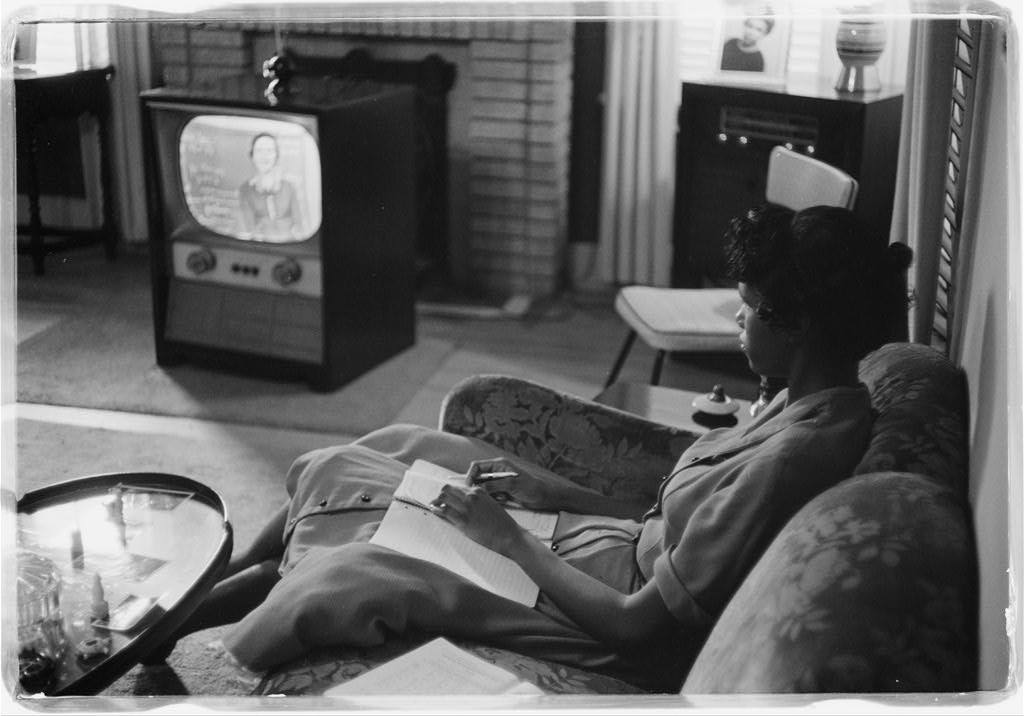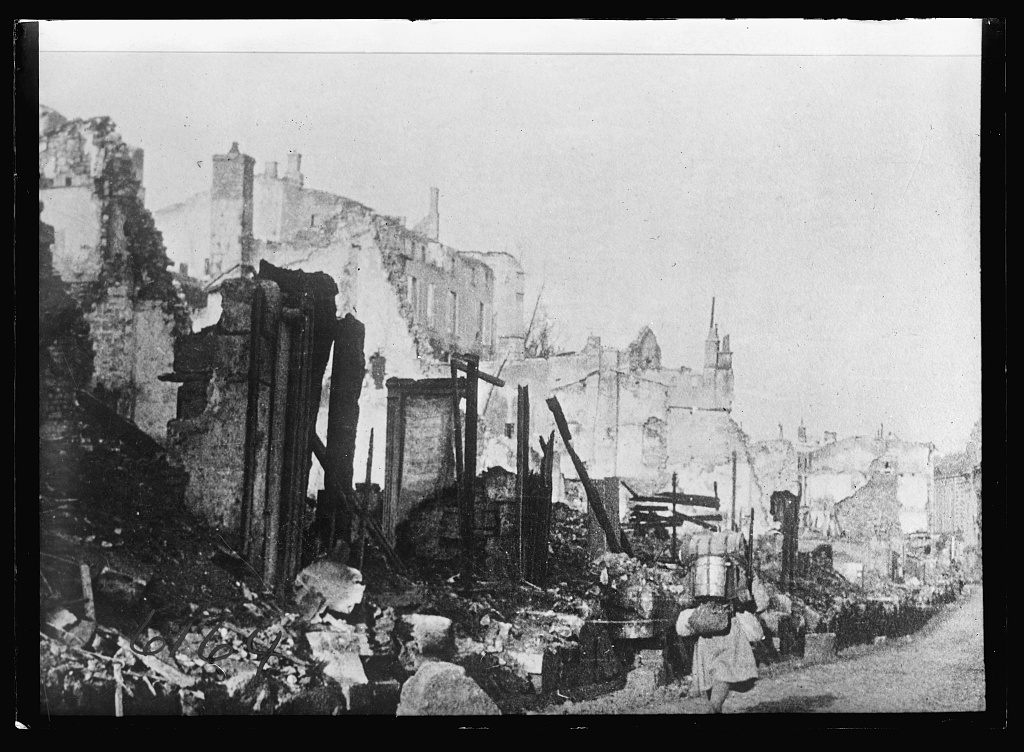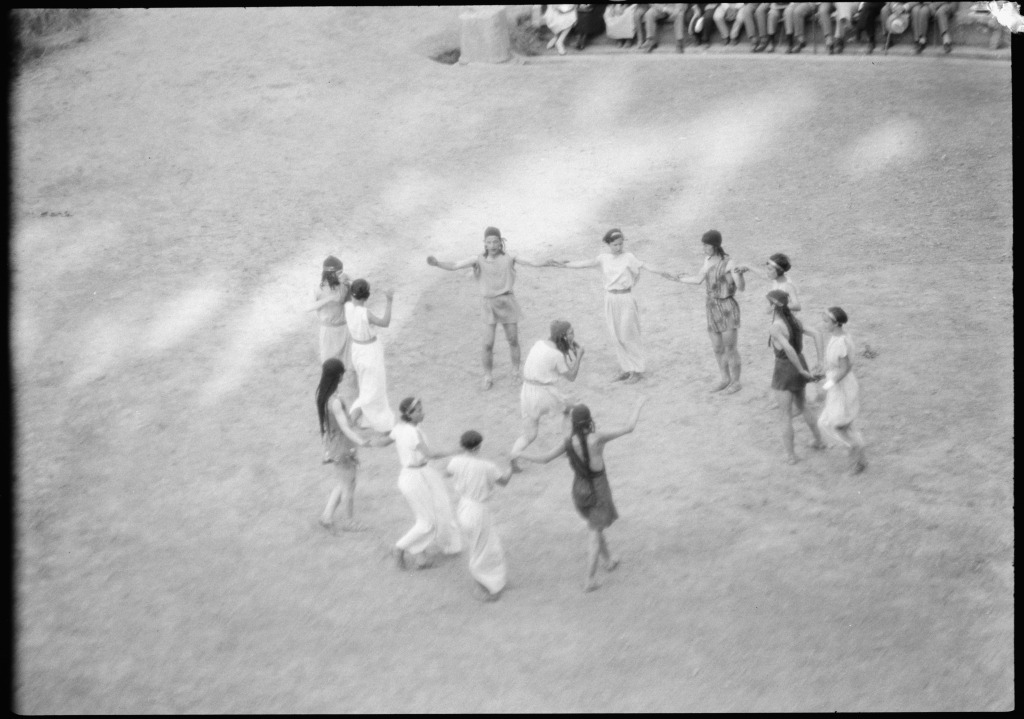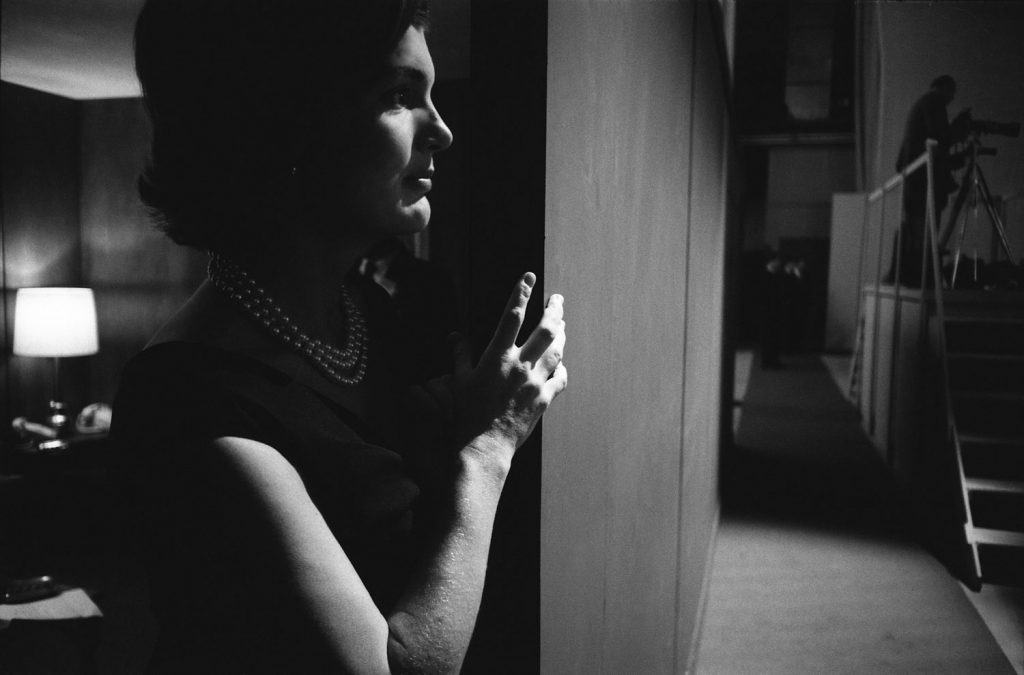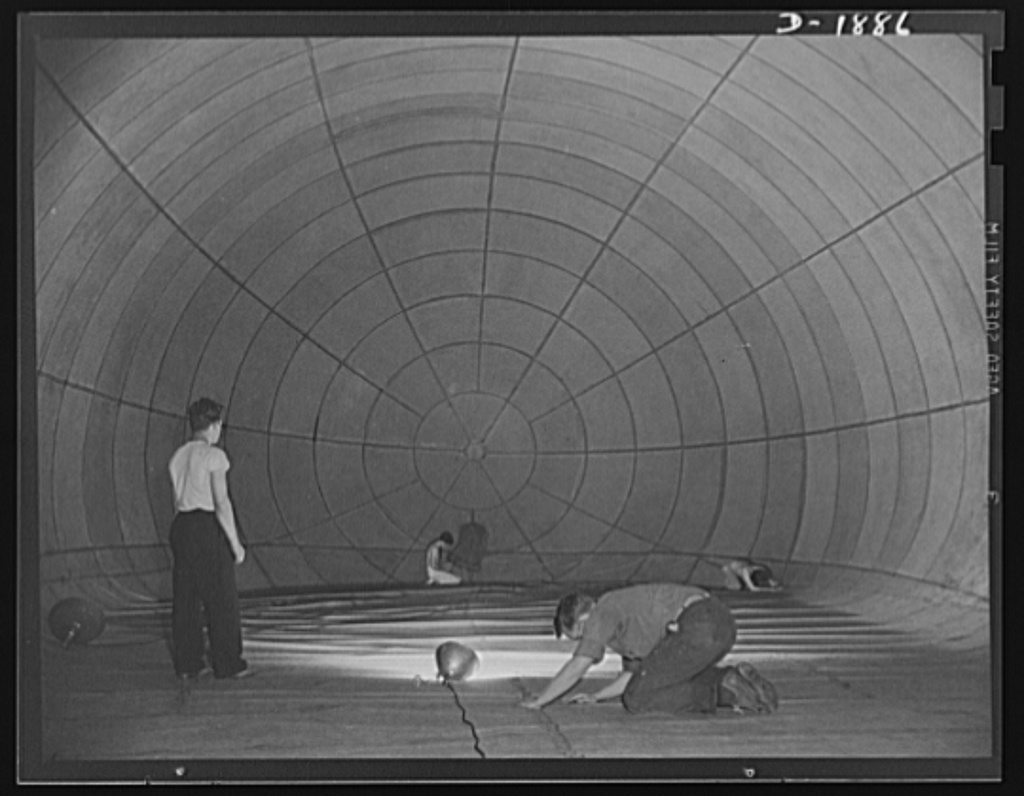Unreal Serial: a new series of short stories in serial form.
Wicked Web: Conclusion
The government’s anti-spider blitz was an unmitigated disaster. The army drenched the nation in untested toxins that inflamed asthmatic reactions, catalyzed aggressive cancers, and induced painful blisters on anyone caught in the lethal downpour.
Millions died that first month, and the months that followed brought even more death and disaster: without spiders to eat them, hordes of mosquitoes spread vile diseases, while crickets, cicadas and grasshoppers devoured crops across the land, leading to widespread hunger.
The supply chain broke down almost immediately. Banks ran out of money. People starved. People killed themselves. People killed others. The president fled. The government collapsed and society entropized and chaos spread globally as the toxins rode the jet streams, dispersing pandemonium like a net of death. Now, when people took Cob, the Web of Life shivered in pain; the souls in the dew drops cried out in agony.
Astute as always, Dan saw the disaster coming a mile away and drove his new truck from the city back to where the end began: the cabin overlooking the evergreen valley. Isaac was supposed to follow after, but Dan never heard from him again. Dan would never know Isaac got stuck in an elevator during a blackout. He would never know he fell to his death trying to escape.
Dan asked Jennie to come, too. Begged her, actually – gave her that ring and everything, but she headed west. “I need to be with my family,” she said, like Dan was some disposable diversion.
Now Dan was at home, alone, standing on his cabin porch as fires chewed through the evergreen valley below. “Marauders,” he said to no one.
Silently Dan wondered if he was safe. He wondered if he deserved to be safe. Wondered if anyone would ever know the role he played in this tragedy. Would he ever be taken to task for what he set in motion? Would justice man-made or supernatural charge him for living large while causing so much carnage. Would history mar him for all eternity?
Dan’s questions remained unanswered. As he stood there brooding on his porch, the president’s plane was flying overhead - straight into a swarm of locusts. Blinded, the pilot pulled the controls upward before overcorrecting and sending the aircraft careening right into Dan.
Dan was vaporized immediately. No one ever knew he was there.
As for the spiders — they were never really gone. “Operation: Untie Oppression” killed billions of the creatures, yes, but billions more followed their instincts and burrowed into cracks, crevices, and crannies – huddling and hiding and surviving on grubs to avoid annihilation, just as their ancestors did during the dinosaurs’ extinction.
Once the dust settled and almost all humans were dead or dying, the spiders crawled from the wreckage and rebuilt their homes atop the rubble of our own. And there, among the eight-legged remainders, was the little spider. He’d been under Dan’s cabin the entire time.
The little spider now emerged from below the mangle of the log cabin and metallic plane, climbed up the porch’s charred yet still-standing door frame, and spun his web.
As he worked and weaved that night, the spider thought of all the bugs he’d devour in the hours ahead, of all the bugs he’d been denied since that fateful evening his and Dan’s paths crossed.
The little spider’s patience paid off: the ash-laden breeze delivered a plethora of insects to him that night. That night, the little spider ate until he was full. He ate more than he imagined possible.
🕷
